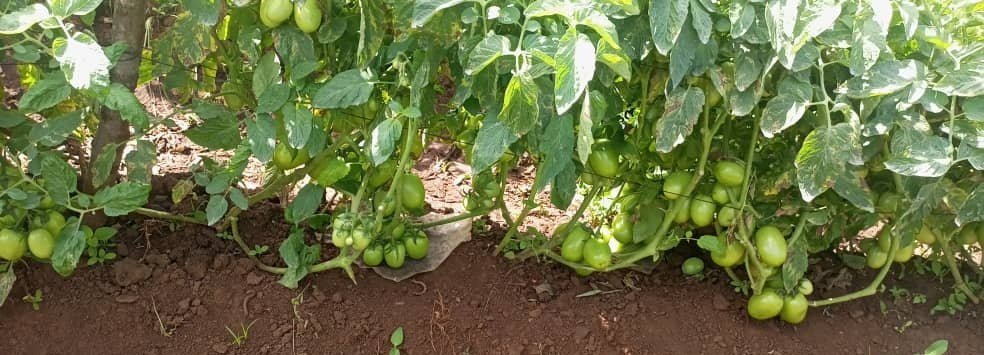Meet Steven
”For me I had two reasons for joining the training, one was to increase knowledge and the second was to get connected with other people so that I can get to learn on different opportunities from them.
Personally the getting out of your comfort zone module has been very useful to me because it has helped me to change my behaviour as I used to have a lot of excuses and I could see the challenges way more than I could see the opportunities, so now I see many opportunities around the community and I have even tried some new income generating activities like cultivating tomatoes and maize through irrigation, something I was so afraid to try before.
The emphasis on record keeping and its importance has also helped me change how I run my life generally not only on business side but also now I can’t waste time and I do things on a planned way and am able to track my business progress.
My plan for the future is to start a unisex salon here at Kiongozi because there is not that service here currently and I have done a simple research and found that people need that service but currently they have to go up to Babati for that. I also plan to start working with my wife on running this business so that we work together to improve our family living standard.”
Steven was part of our Street Business school cohort from a rural community, Kiongozi.
We are proud of the impact the Street Business school had on this community.
90% of graduates had at least 1 business at the point of graduation, up from 62% at the baseline and 67% have started at least 1 new business since joining the programme.
62% of graduates in Kionogozi now have 2 or more businesses, up from 24% when participants joined the programme. This is an encouraging sign of increasing income security of participants.
Overall there has been significant growth in business activity with 42 businesses now being run by graduates in Kiongozi, up from 21 at the baseline.
The biggest growth area has been the production and sale of horticultural crops including okra, tomatoes and chillies, with participants taking advantage of crops which have a short production cycle and where there is higher income potential from smaller parcels of land.
As with previous cohorts those who joined with no income source have made significant gains through the programme with 6 of the 8 members, who had no business when they joined, able to start a business over the course of the programme. The two members who have not yet started a business have plans to do so.


